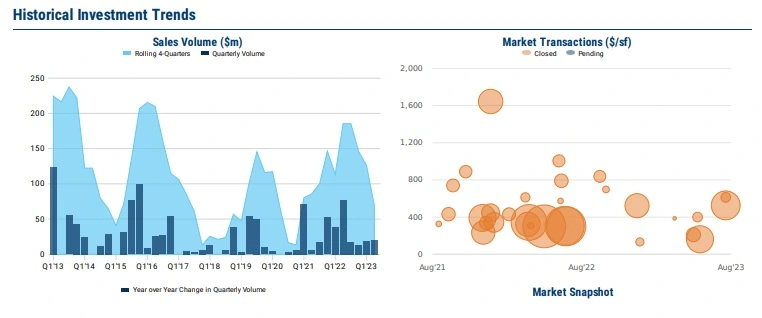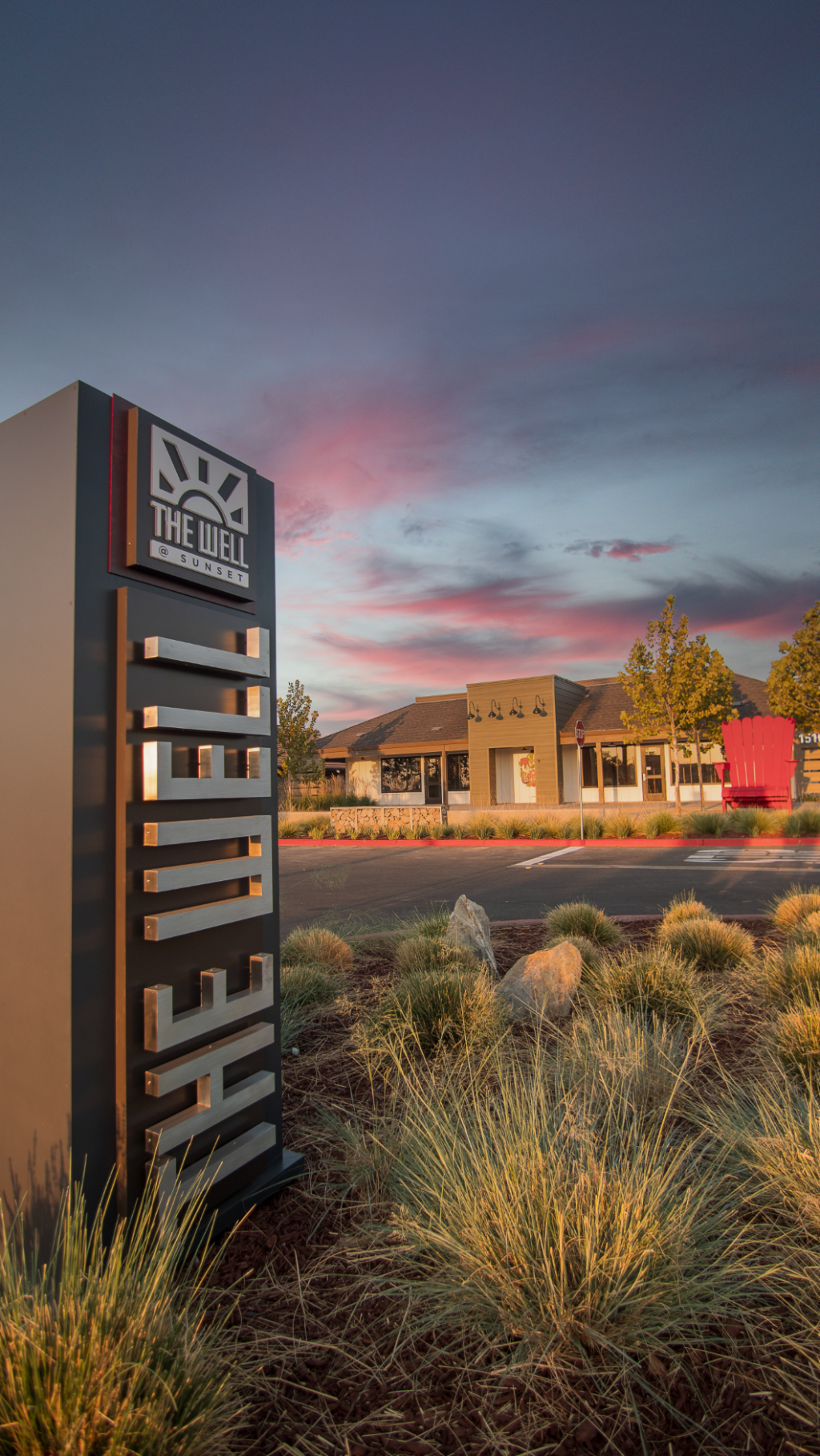Let’s talk “Permitted Use” or “Use” Clause.
Commercial real estate needs its own dictionary. The abbreviations, the strange words, the confusing terminology. Let’s shed some light on the clause you often see at the very top of a lease or Letter of Intent, or LOI (see what I did there?). Please keep in mind, I am not an attorney, nor is this legal advice.
The Use clause is simply the use or type of business you will be operating within the building or premise.
This can be as simple as “cafe” or “restaurant” but often times it will be far less broad ranging, and more specific to your actual business. Perhaps it will read more defined, “Restaurant specializing in burgers, but in no event shall Tenant sell Ice Cream”.
The use clause specifies the main service of the business renting the space. It can also include extra or related services, like additional items or services, that don’t bring in most of the revenue. It can also specify what CANNOT be sold or serviced.
It isn’t always necessary to include all the goods, services, or items in the use clause, a more broad approach actually can benefit a Tenant. A restrictive use clause generally will benefit the Landlord.
Why do we need a use clause?
It keeps a Tenant from changing the Primary business without notice or approval of the landlord.
How would you like if your neighbor suddenly started selling or offering the same goods as you? A use clause gives the Landlord the ability to control this from happening.
What to watch for in a use clause as a Tenant?
A use clause comes into play when a Tenant would like to sublease the Premise or building. A use clause will dictate the type of Tenant that can occupy a space while your lease is still in effect (among other factors which will be specific to your lease). If your use clause is very specific, you will have to find a compatible use within that specified use or closely related to your approved use, which may limit your options of potential suitors.
The use clause should not be confused with an Exclusivity Clause (sometimes called a non-compete) which gives a tenant an exclusive right to participate in the sale or service of a product or service. More on that another day.



Leave a comment